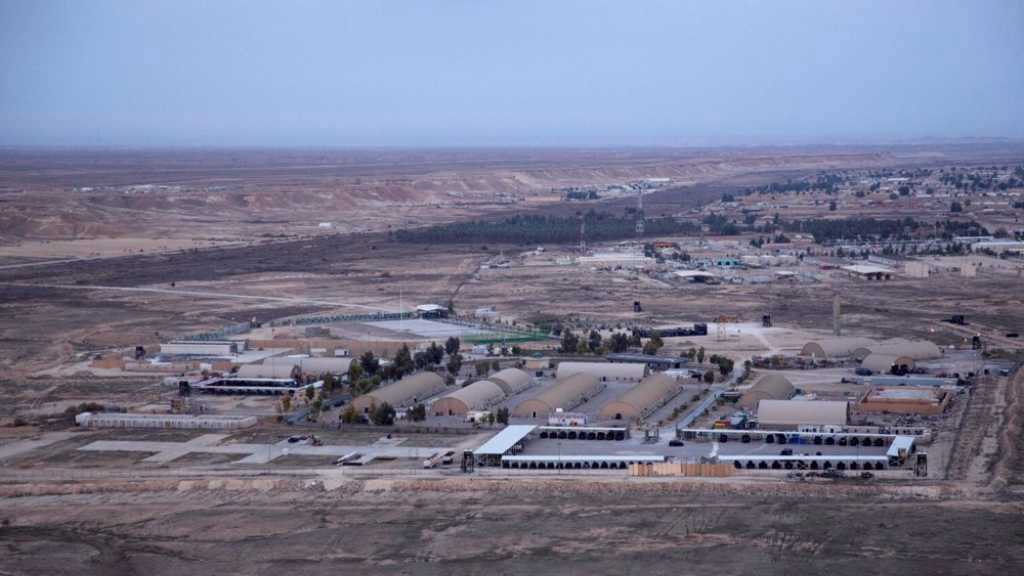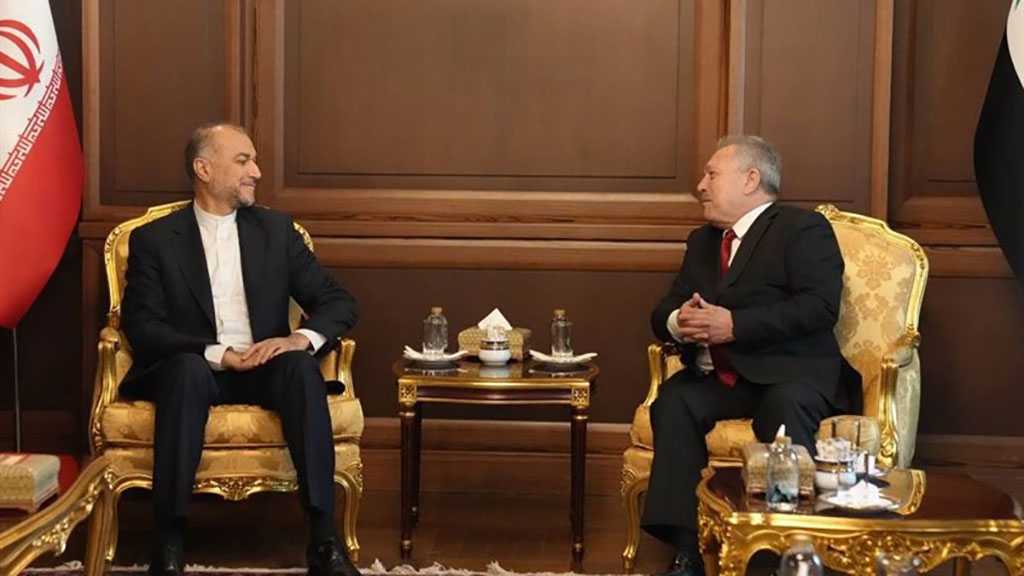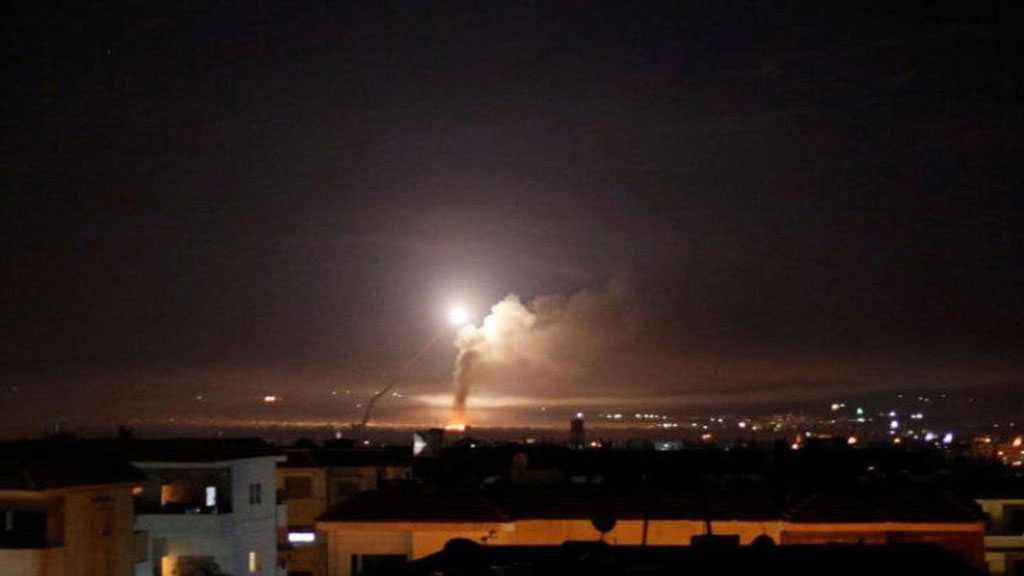
Syria Safe Zones into Implementation
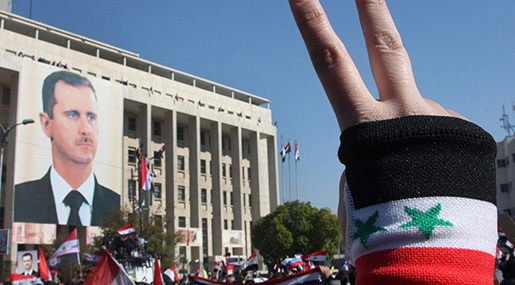
Local Editor
The Russian-proposed safe zones in Syria - where no fighting between the Syrian Army and opposition is allowed - came into force at 21:00 GMT May 5.

The safe or de-escalation zones in Syria are described as a temporary measure which will be enforced for the next six months with the possibility of extending it for another six.
The safe zones were agreed by the guarantor-states - Russia, Iran and Turkey - during negotiations in the Kazakh capital, Astana Thursday. All parties expressed hope that the initiative will lead the way for the settlement of the conflict.
The four safe zones are established in Syria's Idlib Governorate and parts of neighboring Latakia, Aleppo and Hama provinces; in the northern part of Homs province; in the Damascus neighborhood of Eastern Ghouta, and in parts of southern Deraa and Quneitra provinces bordering Jordan.
Syrian Army and the armed opposition will be prevented from fighting each other and carrying out airstrikes within the safe zones by means of security buffers, checkpoints and observation posts controlled by the guarantor states.
Turkey agreed to prepare maps that will separate the areas controlled by the so-called "moderate opposition" from the territories held by the extremists and provide precise safe zone demarcation by June 4.
Russian Aerospace Forces have already, on May 1 paused their airstrikes in the areas demarcated as safe zones, Russia's Defense Ministry said.
The airspace over the safe zones may also be closed for the planes of the US-led coalition, with Russia's Foreign Ministry saying the issue is being negotiated between the Russian and American militaries.
Around 42,000 opposition terrorists currently remain on the territory of the four security zones, with the majority of the militants located in Idlib [14,500] and near the Jordanian border [15,000], according to Russian estimates.
The establishment of safe zones doesn't mean that the fight against the Wahhabi Daesh [Arabic Acronym for the terrorist "ISIS"/"ISIL" group], al-Nusra Front and other terrorist groups will stop in the country. On the contrary, the move will allow Syria to free additional forces to tackle the terrorists, Russia's Defense Ministry said.
The Syrian government supported the implementation of the safe zones in the country and confirmed its commitment to fighting terrorism.
The United Nations has welcomed the establishment of the safe zones, with UN Secretary General, Antonio Guterres, expressing hope that it'll improve the lives of the population and UN Special Envoy for Syria, Staffan de Mistura, hailing the initiative as a step in the right direction.
For his part, Russia's President Vladimir Putin said on Wednesday that he understood from a phone call with his US counterpart Donald Trump, that the US administration supports the idea of safe zones in Syria.
The State Department said it appreciated "the efforts of Turkey and the Russian Federation to pursue this agreement and have encouraged the Syrian opposition to participate actively in the discussions". It, however, expressed concerns over Iran's participation in the initiative.
Source: News Agencies, Edited by website team
Comments
- Related News
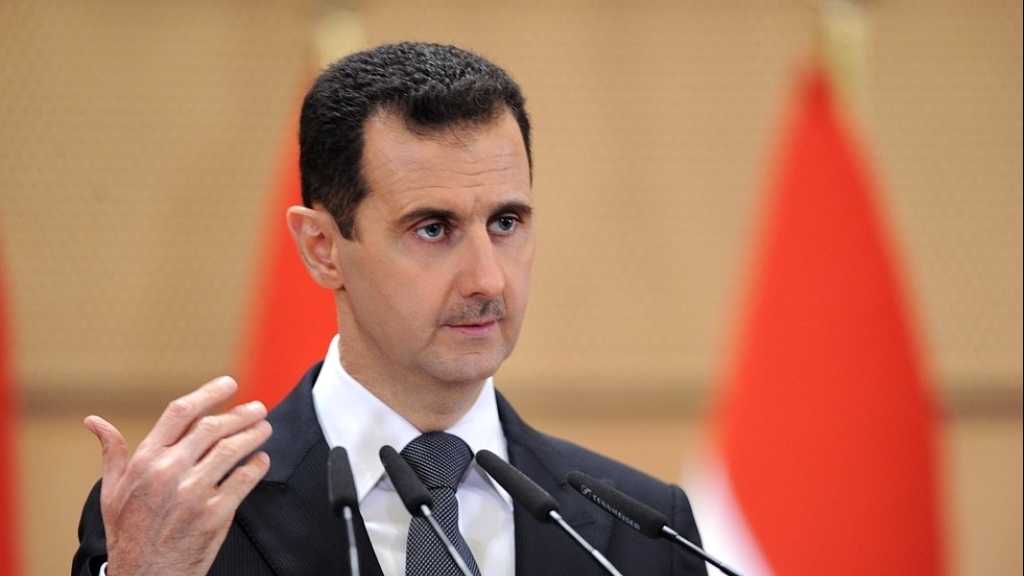
Al-Assad: Palestinian Resistance Defeated ‘Israel’
4 months ago